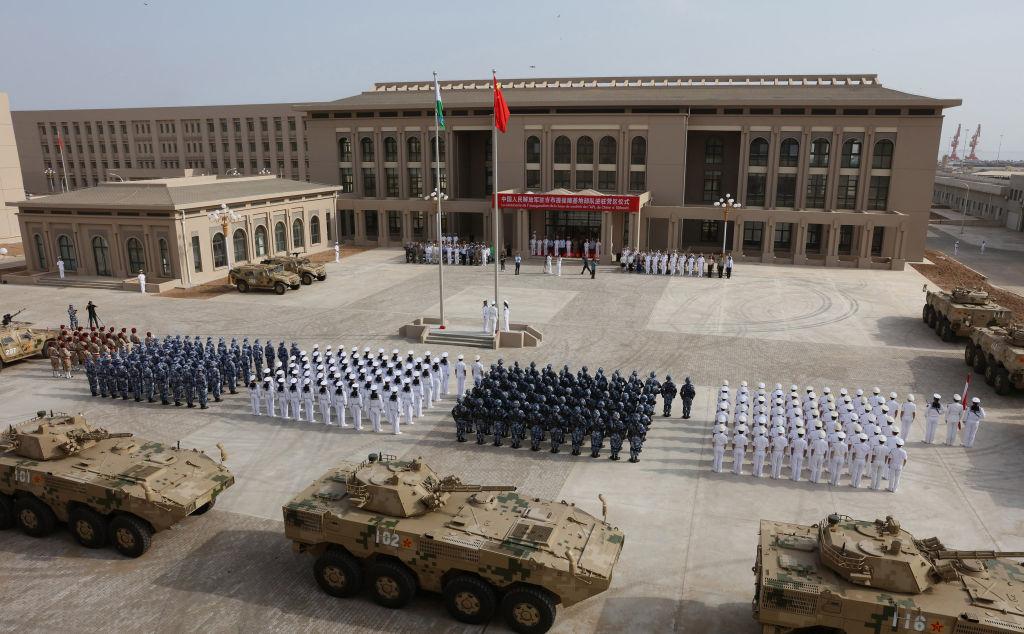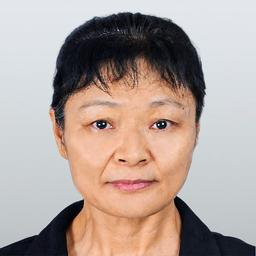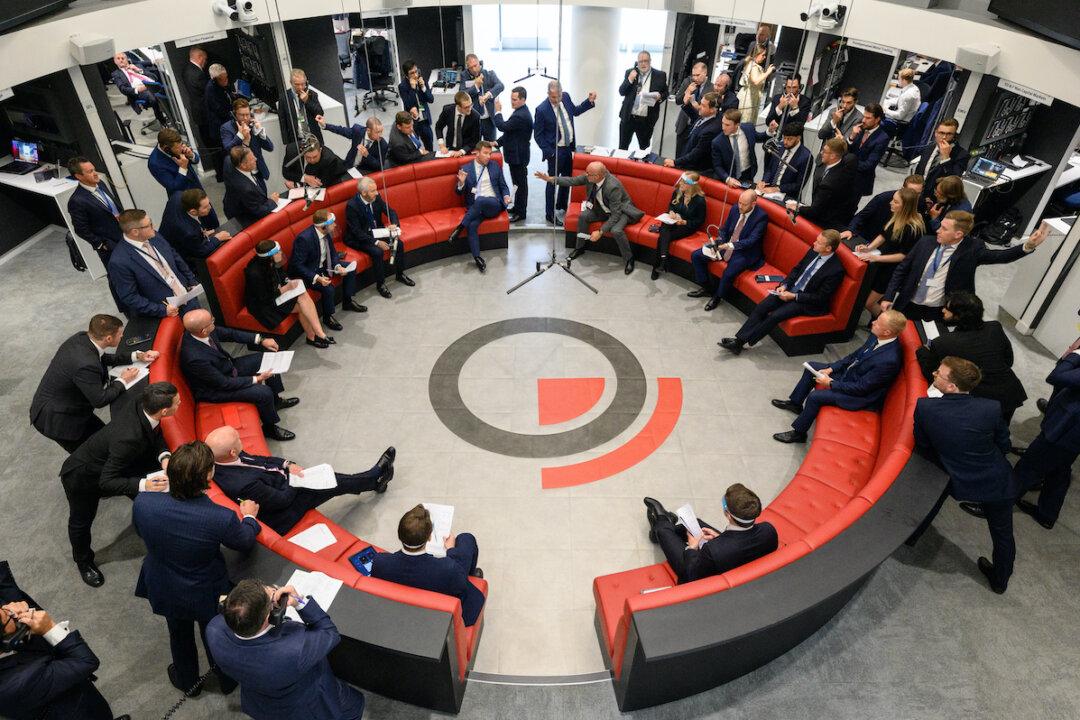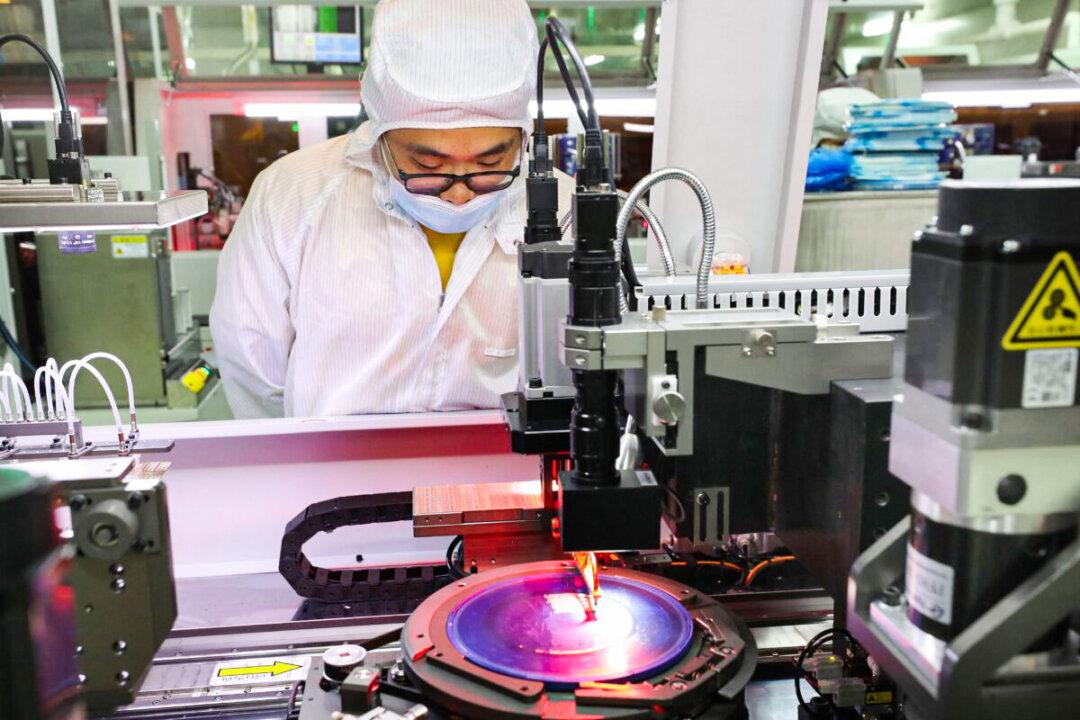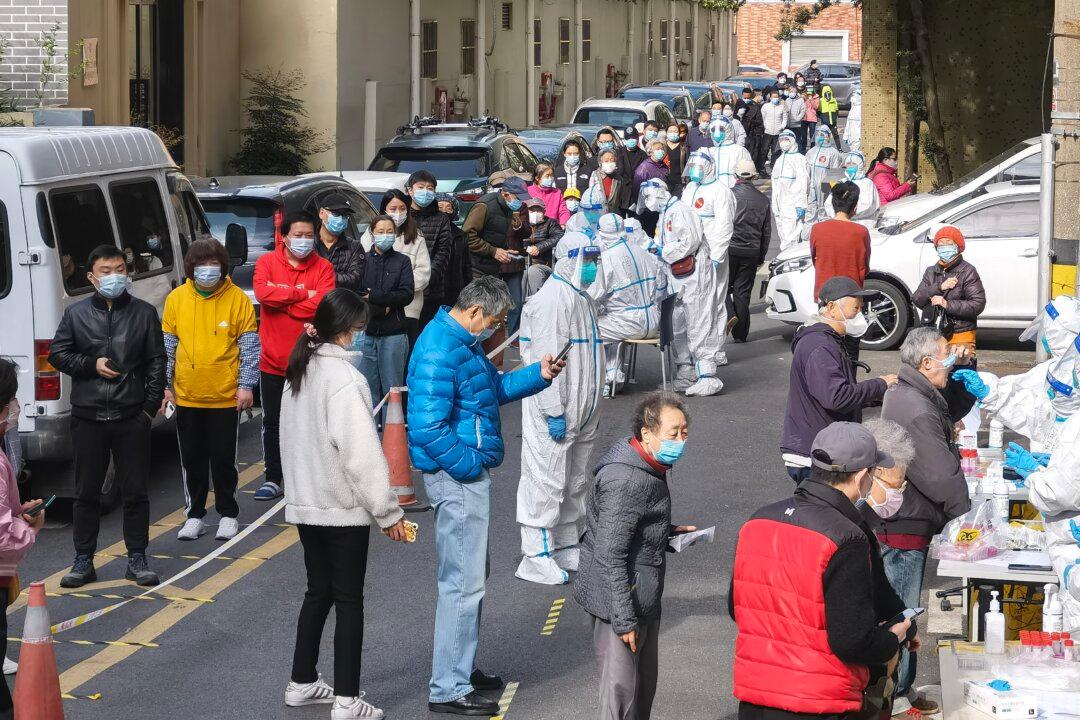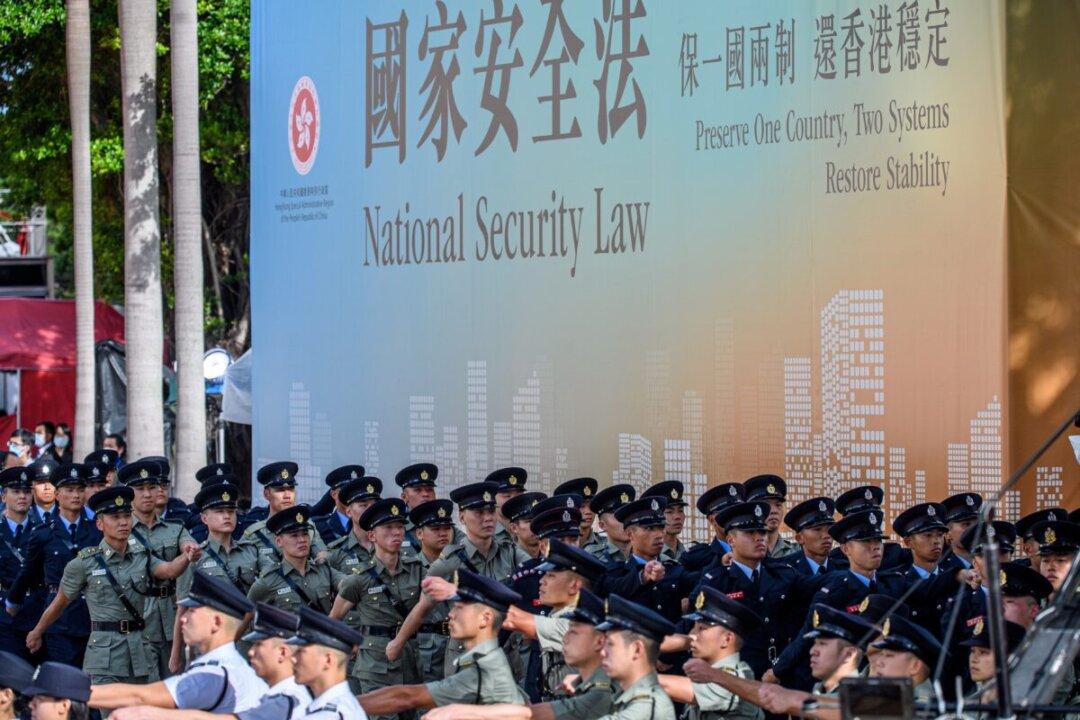The Chinese Communist Party’s (CCP) decades of infiltration in Africa paid off on March 12 when it won support from Russia and African countries, such as Egypt and South Sudan, for its condemnation of Australia’s “human rights violations” in a statement to the U.N. Human Rights Council in Geneva.
Since the CCP came to power, its military academy has trained six presidents, eight defense ministers, more than 100 commanders, and a large number of military personnel for Africa.
